Engineering Design

Educators and Parents, Sign Up for The Cheat Sheet
Weekly updates to help you use Science News Explores in the learning environment
Thank you for signing up!
There was a problem signing you up.
-
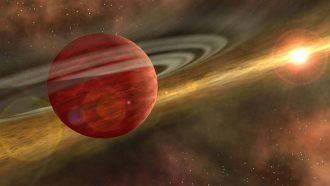 Planets
PlanetsThe pebbled path to planets
Small pebbles zipping through a sea of gas may give rise to mighty planets.
-
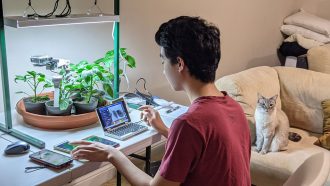 Agriculture
AgricultureNew technologies might help keep drought-prone farms green
After learning how much damage drought can do to crops, two teens designed ways to detect a thirsty plant and make sure it gets enough water.
-
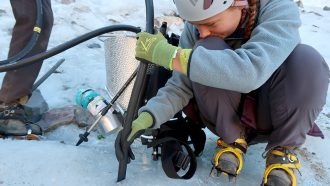 Environment
EnvironmentLocal glacier could be gone in a decade, young scientist finds
A teen calculated the volume of a glacier by drilling into it with jets of steam — then used that to estimate how long before all its ice will be gone.
-
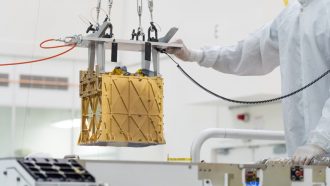 Planets
PlanetsThe Perseverance rover split CO2 on Mars to make breathable air
This oxygen-making experiment shows that astronauts could one day make air to breathe and to help fuel their ride back home.
-
 Computing
ComputingWill this smartphone app become your exercise coach?
When one teen couldn’t go to the gym, she invented an app to bring her gymnastics coach to her home. She succeeded and won a major award for it.
-
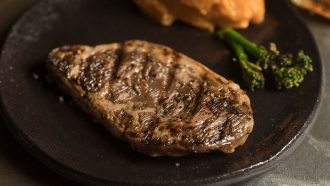 Tech
TechNo animal died to make this steak
The ribeye steak is the first of its kind, and the latest in a growing list of meats printed with a 3-D bioprinter instead of being harvested from an animal.
-
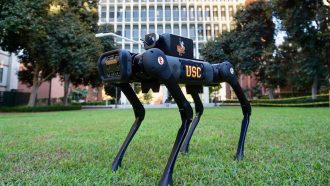 Tech
TechNew robots can clean virus-laden surfaces so people won’t have to
Smart and nimble cleaning robots will soon help disinfect spaces. They twist and bend to hit hard-to-reach spaces with UV light or cleansing sprays.
-
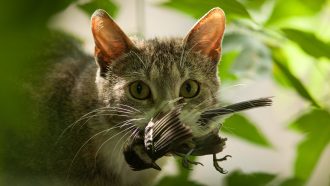 Ecosystems
EcosystemsAnalyze This: Invasive species cost the world billions each year
A new study estimates that invasive species have cost the world more than $1 trillion since 1970. That’s almost certainly an underestimate.
-
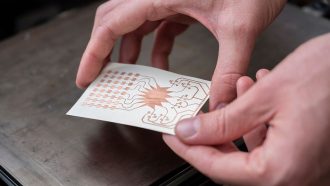 Materials Science
Materials ScienceNew device gets power from 5G signals grabbed from the air
A new way to harvest electricity relies on a tiny array of antennas and a lens. Together, they collect and focus 5G signals coming from any direction.
-
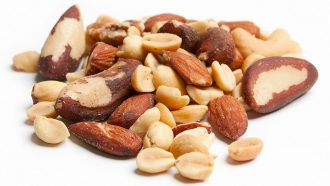 Physics
PhysicsWhy big nuts always rise to the top
X-rays scans of a box of mixed nuts now reveal why large Brazil nuts rise to the top.
-
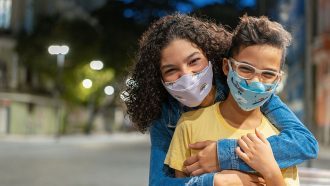 Materials Science
Materials ScienceCopper ‘foam’ could be used as filters for COVID-19 masks
The lightweight new material could serve as a washable and recyclable, eco-friendly alternative for many current mask filters.
By Sid Perkins -
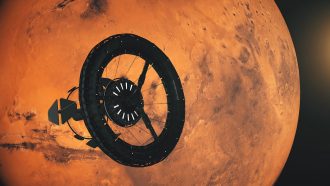 Physics
PhysicsStaying grounded in space requires artificial gravity
On TV, people in space walk around like they’re on Earth. How can science give real astronauts artificial gravity? Spin right round, baby.